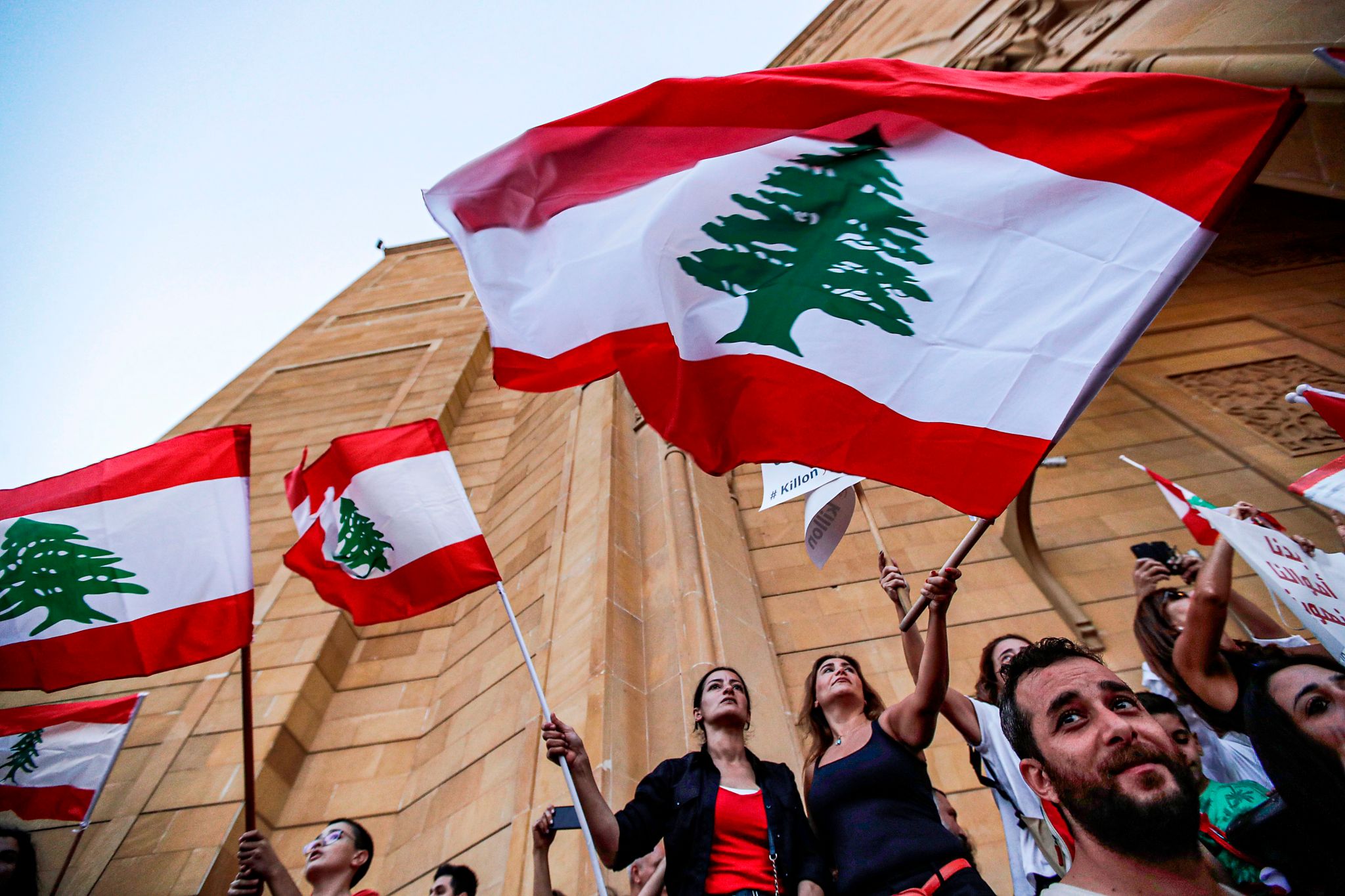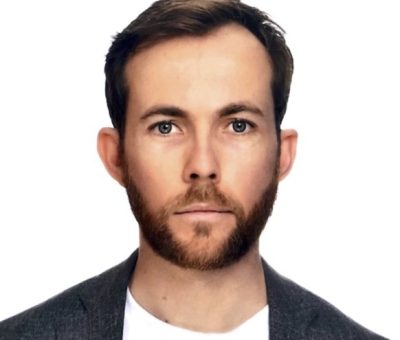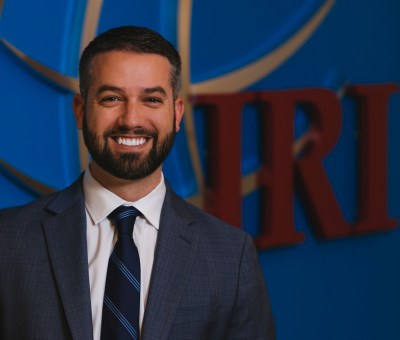Can a New President Save Lebanon?
“Lebanon’s President Michel Aoun recently vacated the presidency after six years in office, leaving behind constitutional chaos and a political vacuum at…
Corruption deeply plagues Lebanese politics with the same ruling class retaining power, based on sectarian allegiances, since the end of the civil war in 1990. The established political parties have failed to lead Lebanon out of multiple crises which has led to an absence of trust between citizens and their leaders and a ruling class that avoids accountability.

To encourage accountability and responsive governance, IRI Lebanon supports reform-minded civil society organizations (CSOs) and political parties to offer an alternative vision for Lebanon’s democratic future.
IRI Lebanon engages both nascent civil society groups and established organizations to cultivate their voices and enhance advocacy efforts in addition to priority issues such as corruption, minority rights, and economic reform. IRI provides guidance and technical support tailored to partners’ identified needs to help strengthen organizational capacity and internal governance and management. Through IRI engagement, independent activists and organizations create networks of similar actors to coordinate and advance their advocacy into sustainable efforts.
IRI promotes issues common across Lebanese communities and seeks to create an environment where opposition political actors can more effectively compete against the establishment. This is accomplished by empowering CSOs to produce widespread issue-based advocacy campaigns on areas such as environmental rights, economic reform, and electricity reform. IRI offers strategic communications trainings, technical assistance, and financial support to broaden the reach of messaging and unify the demands and priorities of civil society at large.
The October 2019 protests in Lebanon birthed a movement of reform-minded political parties which seek to develop platforms and policy solutions tailored to horizontal issues advocated by civil society and Lebanese citizens. IRI’s programs enable these parties to better compete against established political actors by conducting trainings and capacity building sessions to improve organization, communication, and effectiveness while bridging divides between the political class and civil society.
“Lebanon’s President Michel Aoun recently vacated the presidency after six years in office, leaving behind constitutional chaos and a political vacuum at…

Last month, Transparency International released its 26th annual Corruption Perceptions Index – the leading indicator of public sector corruption across…
Can Lebanon Avert its Slow Death? The Hill Patricia Karam As it deals with COVID-19, the aftermath of…
Afghanistan Should be Wary of a Government with Power Sharing The Hill Patricia Karam While the peace talks…

